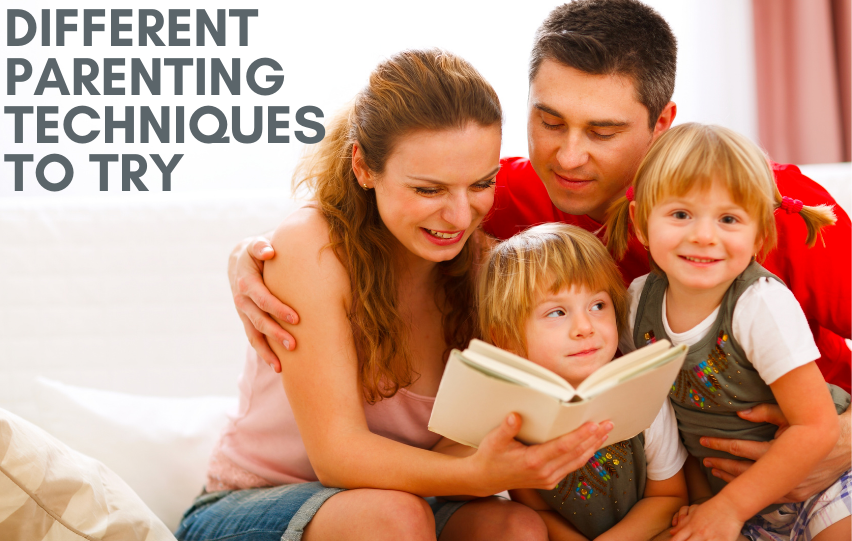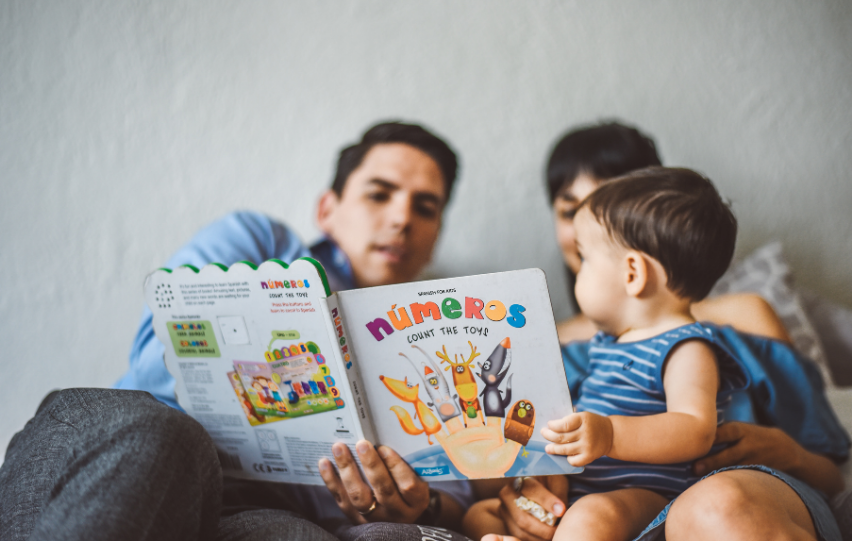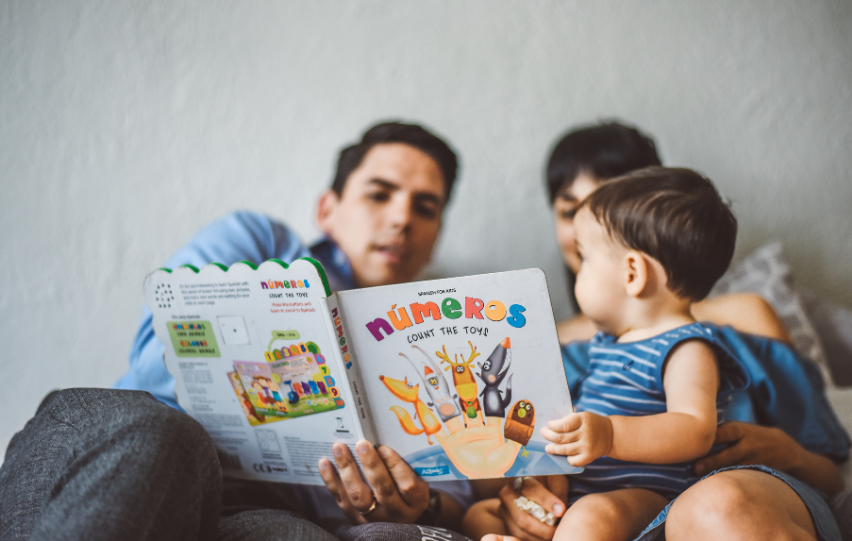Different parents have distinct parenting styles, sometimes based on their experiences as a child, based on science, recommended by friends, and others.
Psychology experts categorize the common parenting styles into four types: permissive, authoritarian, authoritative, and neglectful. The distinction basically provides information on how most parents disciple kids.
In this article, we’re going to explore the different parenting styles that support the growth and development of kids, as well as its effects on children. Read on to know more about these techniques.

What Is a Parenting Style
A parenting style refers to how parents exhibit an attitude or behavior towards their children. It involves a pattern that affects a child’s growth and development, character, and social interaction.
In psychology, Diana Baumrind introduced a refining model of the parenting styles that affect the behavior of preschoolers. She said each kind of behavior can be rooted or influenced by a distinct kind of parenting.
Baumrind’s theory states that the close relationship between the type of parenting and child’s behavior can lead to the outcomes later on in a child’s life. She is responsible for the three initial types of parenting: authoritarian, authoritative, and permissive.
Understanding Parenting Techniques
To dig deeper into the parenting styles, we have to take note that not all parents exhibit a consistent pattern when it comes to growing kids. Some can become authoritative and at the same time, permissive, and others may be authoritarian and authoritative at the same time.
A lot of parents become flexible in raising their kids, usually driven by their environment, upbringing, culture, and other factors. Aside from these things, the couples’ relationship often comes to work when dealing with child discipline and overall childcare.
Authoritative
When it comes to authoritative parenting, guardians set a reasonable and nurturing environment and rules to build a child’s character and promote discipline.
Rules are established and explained to children so they can avoid committing them, and communication is highlighted in this model.
The best thing is that parents create a healthy relationship with kids, adjusts to the level of understanding, and help them grow wonderfully. Because of clear communication, parents can give lots of guidance to achieve goals.
Authoritarian
Almost similar to authoritative parenting, authoritarian is stricter and less nourishing. Parents mostly resort to strict and harsh punishments so kids can learn from their mistakes and not repeat them again.
There’s a downside for this type of parenting as kids are likely to develop behavioral problems later on. Baumrind’s theory states that authoritarian parenting is characterized by high demands and low responsiveness.
Children with authoritarian parents tend to have low self-esteem due to the stricter discipline, and even feel depressed for the high expectations. Preschoolers also exhibit bullying with stricter parents.
Permissive
Judging by the name, the permissive parenting technique is completely the opposite of the authoritarian—giving kids what they want with limited guidance. Parents want to make kids feel better and direct them to a more child-friendly kind of environment and upbringing.
Parents also exhibit a warm and nurturing attitude toward kids, and allow kids to be free, figure things on their own, and set standard expectations. The biggest distinguishing factor is probably parents acting more as friends other than parents.
Consequences are raised for permissive technique, with kids being spoiled and not getting enough discipline to correct their actions. Most children with permissive parents are obese and develop other health issues.
Uninvolved
If permissive is lacking in proper guidance and discipline, uninvolved parents generally stay out of the way of kids. Parents often show less or no interest in their kids’ life and avoid confrontation. Additionally, communication is limited so issues aren’t raised properly.
Spending no time with kids and not minding their business also has its drawbacks, with kids receiving no guidance and nurturing. In the end, kids would want to capture their parents’ attention by rebellion or intentional self-harm.
Most parents that are uninvolved deal with a lot of problems, especially financial, managing a household, work, and other issues.

Conclusion
A lot of parents have no clue about proper parenting but they can raise their kids pretty well. Questions on how the parent can be directed to a child psychology expert to address issues and other concerns.
By learning about the different types of parenting styles, couples or single parents can find a balance in disciplining children, nourishing them, and promoting good behavior.









